

Today is World Water Day and the all familiar phrase, ‘water is life’ may come to mind. This year, the focus is about “accelerating change to solve the [global] water and sanitation crisis”.
The United Nations (UN) states that we have a “lifetime opportunity to enable water, sanitation and hygiene for all”. They also stress that “dysfunction throughout the water cycle undermines progress on all major global issues, from health to hunger, gender equality to jobs, education to industry, and disasters to peace.”
It is with that concern that the United Nations Water Conference will stress the importance of radically accelerate actions to make water, sanitation, and hygiene (WASH) a reality for all.

The conference, being held today (March 22), for the first time in nearly 50 years will focus “on [the] accelerated implementation and improved impact towards achieving sustainable development goal (SDG) 6 and other water-related goals and targets.
The UN highlights that “the existing and future challenges in the field of water require innovative and transformative ideas and a ‘beyond business as usual’ approach”.
JOINT STATEMENT FROM WHO AND UNICEF
In a joint statement issued by the World Health Organization (WHO) and the United Nations Children’s Fund (UNICEF), they state that “around the world, two billion people lack safe drinking water and 3.6 billion people, almost half the world’s population, use sanitation services that leave human waste untreated.
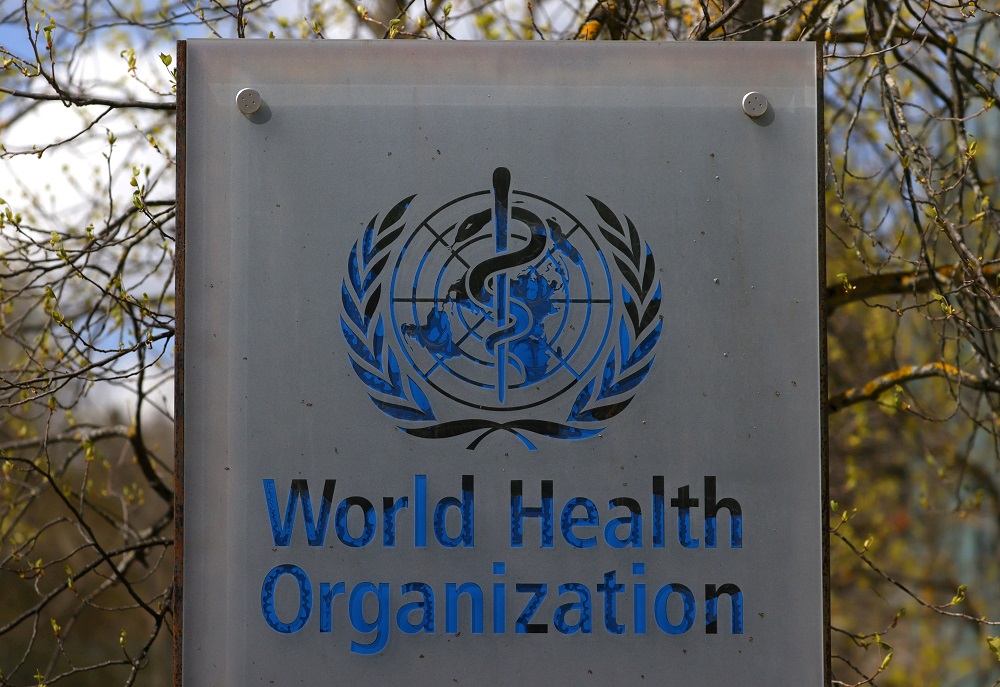

The two organisations state that millions of children and families do not have adequate WASH services including soap to wash their hands: the consequences, of which, can be deadly.
WHO and UNICEF shared that at least 1.4 million people, many of who are children, die from preventable causes linked to unsafe water and poor sanitation each year. Cholera, for example, is spreading in countries that have not had outbreaks in decades.
“Half of all health care facilities, where proper hygiene practices are especially critical, lack water and soap or alcohol-based hand sanitising solution,” the two entities said in their joint statement. “The social and economic consequences of inadequate water and sanitation services are also devastating. Without these critical services, people fall ill,” they continued, pointing out that children, especially girls often miss out on learning, and entire communities get displaced by water scarcity.
All of us have the right to safe water, proper sanitation and hygiene, yet so many go without. Collectively, the world needs to at least quadruple the current rates of progress in order to achieve universal access to safely managed WASH services by 2030. Progress needs to be even faster in fragile contexts and the poorest countries, to protect people’s health and futures.
WHO and UNICEF Joint statement on access to clean water and sanitation
ACCESS TO SAFE WATER
In addressing the benefits of accessing safe water and sanitation, WHO and UNICEF state that they “are key to [the] healthy development in children and for sustaining [the] well-being [of] adults”. The joint statement also highlighted that safe water and sanitation “offer a pathway to broader social and economic progress by supporting community health and productivity.”
“All of us have the right to safe water, proper sanitation and hygiene, yet so many go without. Collectively, the world needs to at least quadruple the current rates of progress in order to achieve universal access to safely managed WASH services by 2030. Progress needs to be even faster in fragile contexts and the poorest countries, to protect people’s health and futures,” the joint statement stressed.
Read more safe water and sanitation below:
Citizens urged to practise proper water safety measures
Send feedback to [email protected]


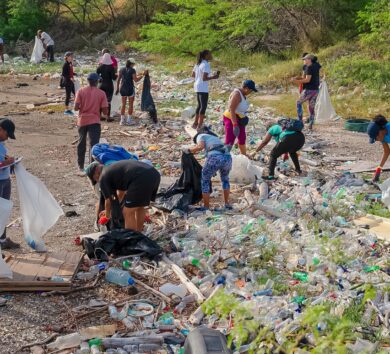

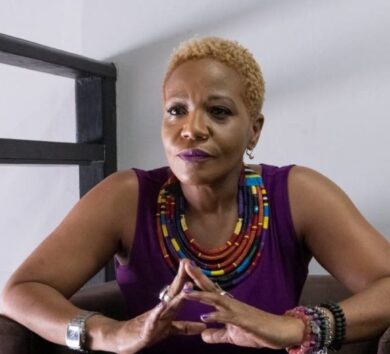
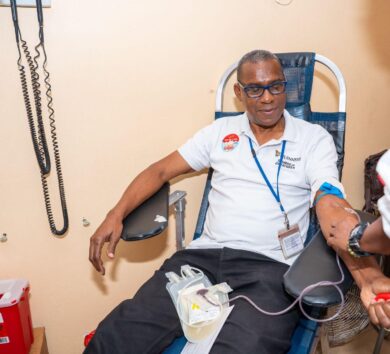
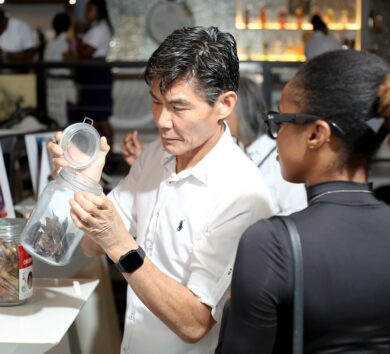
Comments